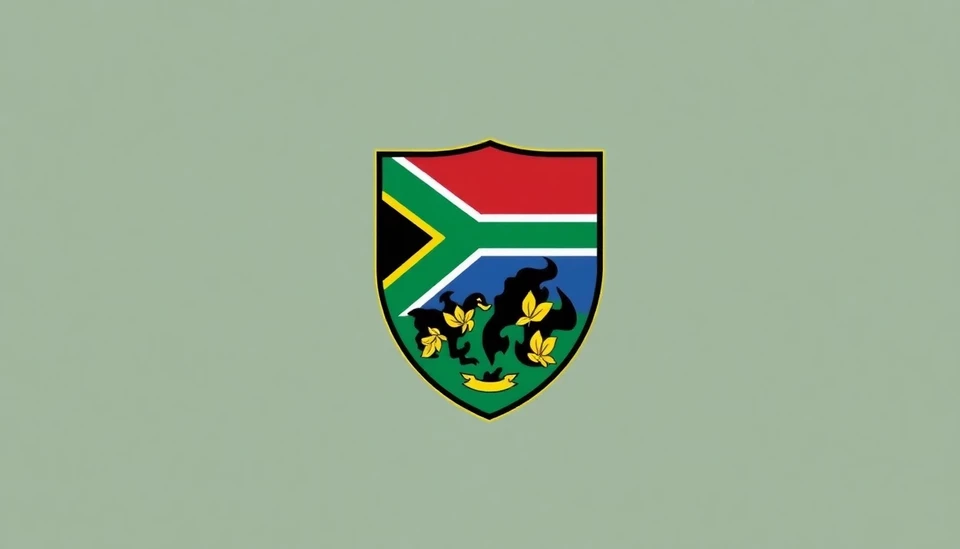
In a significant economic development, South Africa has reported its inflation rate dropping to a four-year low ahead of an impending interest rate decision by the South African Reserve Bank (SARB). This trend could indicate a positive shift in the country’s financial landscape, easing the burden on consumers and providing a platform for potential economic recovery.
According to the latest data released by Statistics South Africa, the inflation rate fell to 4.4% in October 2024, marking a decrease from the previous month’s 5.0%. This decline is particularly notable as it is the lowest inflation rate recorded in the nation since 2020. Analysts attribute this dip largely to reduced pressure from food and fuel prices, which have historically contributed significantly to inflationary pressures.
The easing inflation gives the SARB more room to maneuver during its upcoming Monetary Policy Committee meeting. Economists are keenly observing whether the central bank, which has been on a tight monetary policy course to combat inflation, will consider adjustments to interest rates in light of the latest figures. The last meeting saw the bank maintain a cautious approach, keeping rates steady as it balanced growth concerns amidst persistent inflation.
A lower inflation rate could lead to a change in the current interest rate environment, allowing for cuts that may stimulate borrowing and investment. This scenario is particularly crucial for South Africa, which has faced economic challenges including a sluggish recovery from the pandemic and ongoing energy supply issues.
The country’s fiscal landscape has become ever more complicated, with numerous sectors struggling under the weight of higher interest rates and inflation. The expectation is that, if the trend continues, not only will consumer confidence improve, but businesses may also find the impetus to invest and expand, potentially leading to increased employment opportunities.
Looking ahead, market analysts will further dissect the implications of these inflation figures. Many are banking on a shift in monetary policy, hoping that the SARB will recognize the need for more aggressive steps to spur economic growth, especially in a climate that has seen various global economic pressures.
As the national economy continues to face a myriad of challenges, including global market fluctuations and domestic policy pressures, the importance of this upcoming SARB decision cannot be overstated. Investors, consumers, and policymakers alike will be watching closely to see how the central bank responds to the recent drop in inflation.
With the SARB's meeting anticipated to draw attention both locally and internationally, the outcome may set the tone for South Africa’s economic trajectory in the months to come. An optimistic outlook could boost market confidence, while a cautious stance may reinforce the struggle against slow economic recovery.
In conclusion, as South Africa stands at the crossroads of monetary policy and economic revival, the implications of the current inflation rate will resonate throughout various sectors, shaping the financial landscape for years to come.
#SouthAfrica #Inflation #EconomicGrowth #InterestRates #SARB #Finance #ConsumerConfidence #MarketTrends #EconomicRecovery
Author: Laura Mitchell




